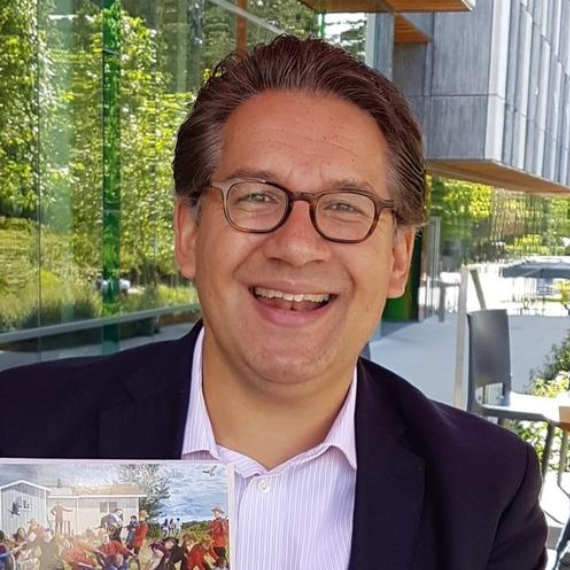Investigating How Indigenous Peoples are Practicing Self-Determination

As Canada works toward truth, justice, and reconciliation with Indigenous Peoples, self-determination is an essential Indigenous right that must be recognized.
Since time immemorial, Indigenous Peoples have had self-determination over their peoples, lands, and waters, until these practices were undermined by settler-states. After pressure from Indigenous peoples, some states such as Canada and Aotearoa New Zealand have started to grapple with implementing Indigenous rights.
In the last five years, there has been some positive progress in recognizing Indigenous self-determination. In 2021, the United Nations Declaration on the Rights of Indigenous Peoples (UNDRIP) Act received royal assent in Canada, providing a roadmap for the Government of Canada and First Nations, Inuit and Métis to work together to implement the UN Declaration. Similarly, Aotearoa New Zealand is working on UNDRIP implementation and Australia may be moving forward with an Indigenous “Voice” if the referendum on this is successful later this year.
However, COVID-19 exposed gaps in political and economic power as health disparities became more obvious, settler states exercised power over Indigenous Peoples without consent, and “nativist” populism has been on the rise.
University of Guelph Political Scientist David MacDonald and co-applicant Sheryl Lightfoot of the University of British Columbia have received a Social Sciences and Humanities Research Council Insight Grant to better understand and document how Indigenous political actors in Canada and other countries are advancing self-determination.
“We want to learn how different Indigenous peoples define and enact their self-determination. How do Indigenous peoples advocate for their rights on a global stage? How is UNDRIP being implemented? How do Indigenous practices of self-determination differ between settler states? How can capacity be strengthened? These are all questions we hope to get a clearer answer on as we carry out our research,” said MacDonald.
To answer these questions, an international research team led by MacDonald and Lightfoot will conduct a cross-national comparison of models of Indigenous self-determination, working with Indigenous peoples, researchers, and community stakeholders across the world. In particular, the team will focus on Canada, Aotearoa New Zealand, Australia, USA, Norway, Finland, and Sweden. The results will be used to inform development of self-determination and policy decisions.
“As we do this research, we will remain accountable to the Indigenous communities being researched and will engage in ‘culturally responsive research practices,’ meaning at least some research questions will come from the communities and results will be given back so that they can use this research themselves.” said MacDonald.
This project builds on the findings of the Insight Grant “Complex Sovereignties” which has an extended timeline to March 2024. Some research outputs from this grant includes MacDonald’s book The Sleeping Giant Awakens: Genocide, Indian Residential Schools, and the Challenge of Conciliation (University of Toronto Press, 2019). This was one of four finalists for the Canadian Political Science Association’s Donald Smiley prize; and a finalist for the “best subsequent” book prize for the Native American and Indigenous Studies Association.
MacDonald also wrote seven peer-reviewed journal articles (five co-authored) and 13 book chapters related to the themes of the grant. This includes two publications with Lightfoot on Indigenous self-determination, several of which were co-written with MacDonald’s graduate students. MacDonald and Lightfoot (with collaborators) also organized two international workshops at the International Studies Association with Indigenous and settler scholars and students and a conference on Indigenous peoples, territories, and borders held at Columbia University in New York. This grant also laid the basis for a Partership Development Grant entitled “Decolonizing Settler States: Unravelling Systemic Blockages to Indigenous Rights in State Institutions and Civil Society."
Overall, the UNDRIP has been an important milestone, helping to lay a better path forward for implementing Indigenous rights in settler states like Canada. Some progress has been made but the COVID pandemic has been a major setback, and so too has the rapid and expansive pace of resource extractive industries on Indigenous lands. MacDonald hopes to welcome new MA and PhD students interested in Indigenous issues, settler responsibilities, and what settler states can do to create much needed space for Indigenous peoples to exercise their self-determining rights.